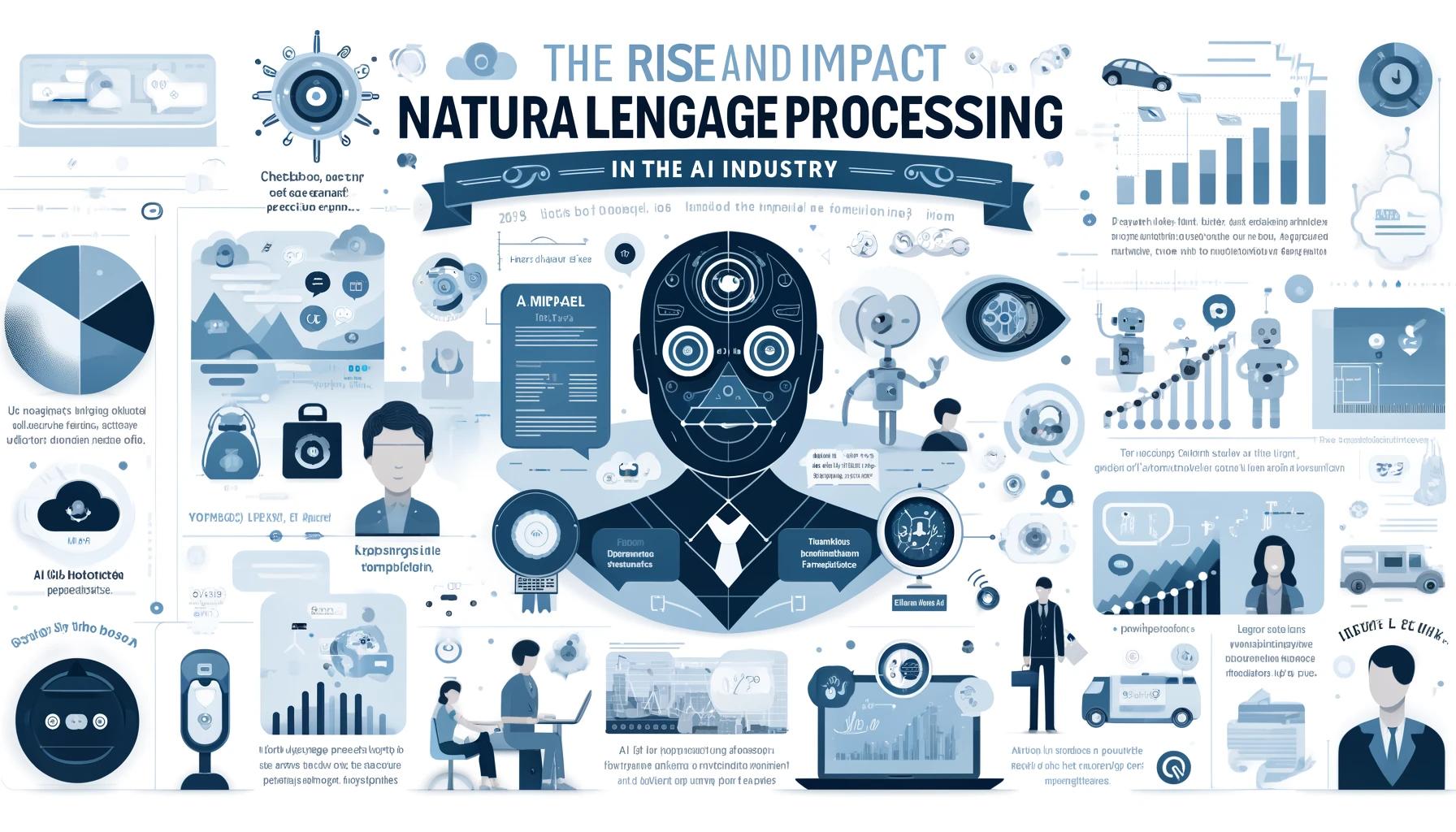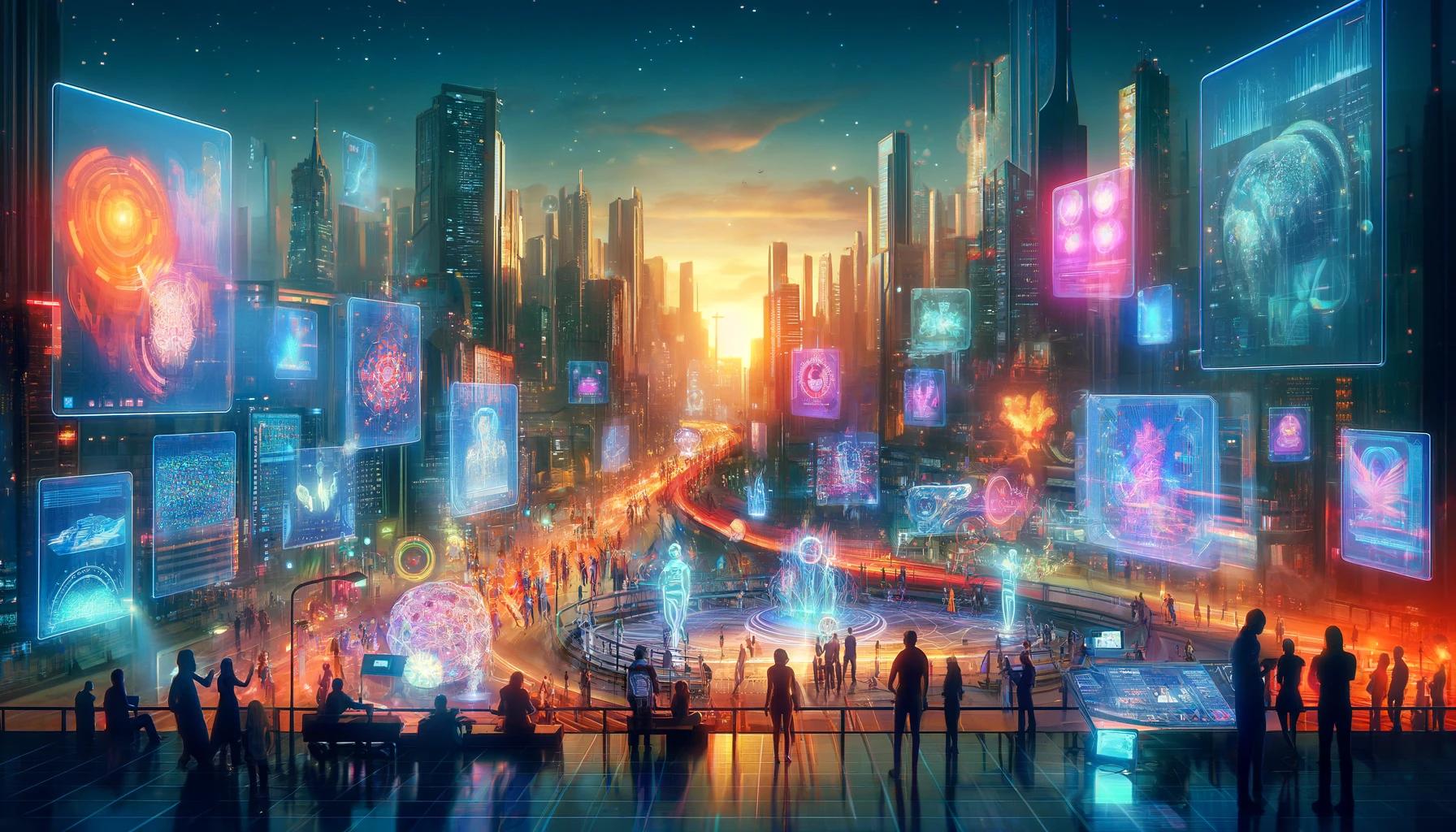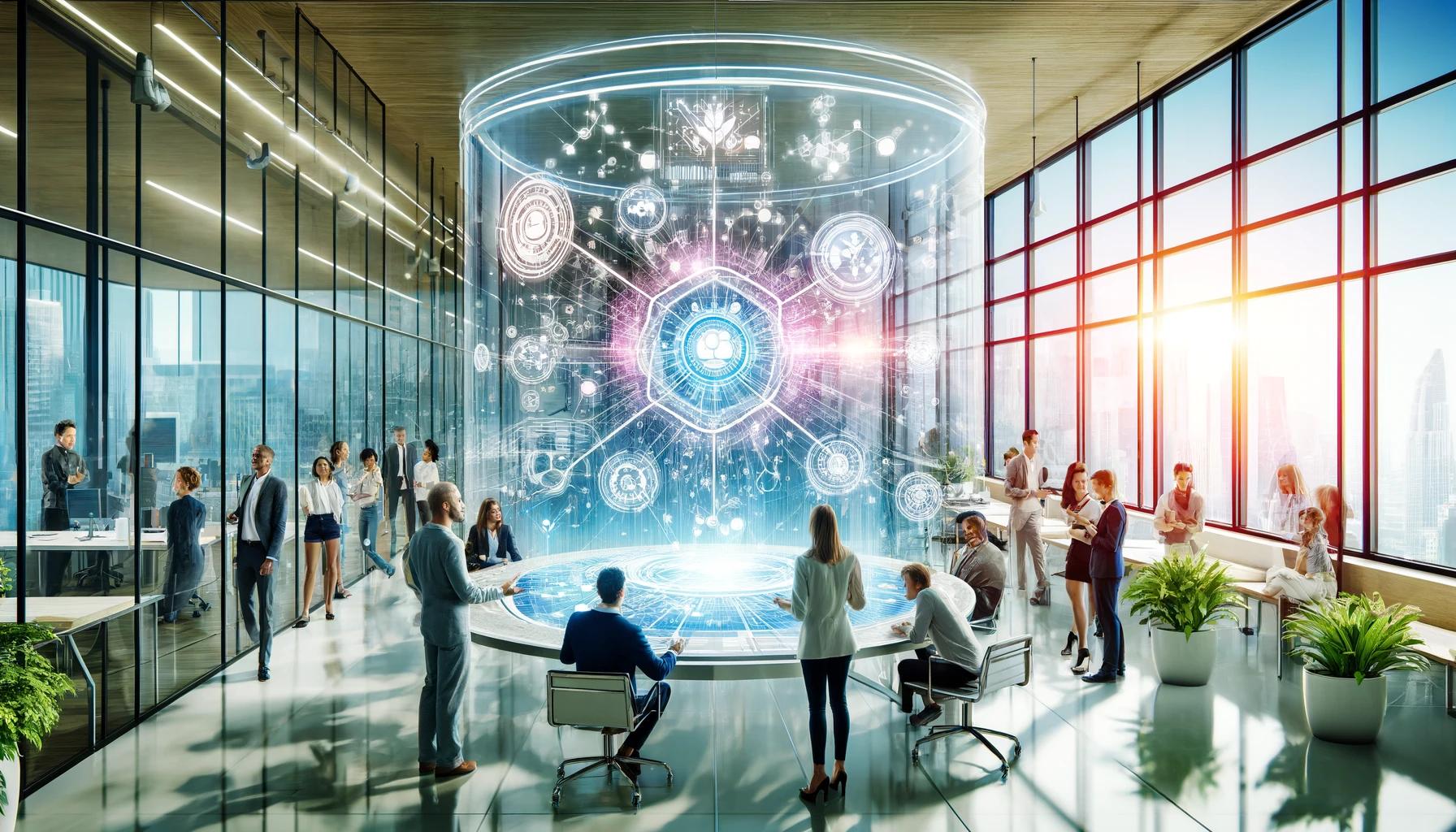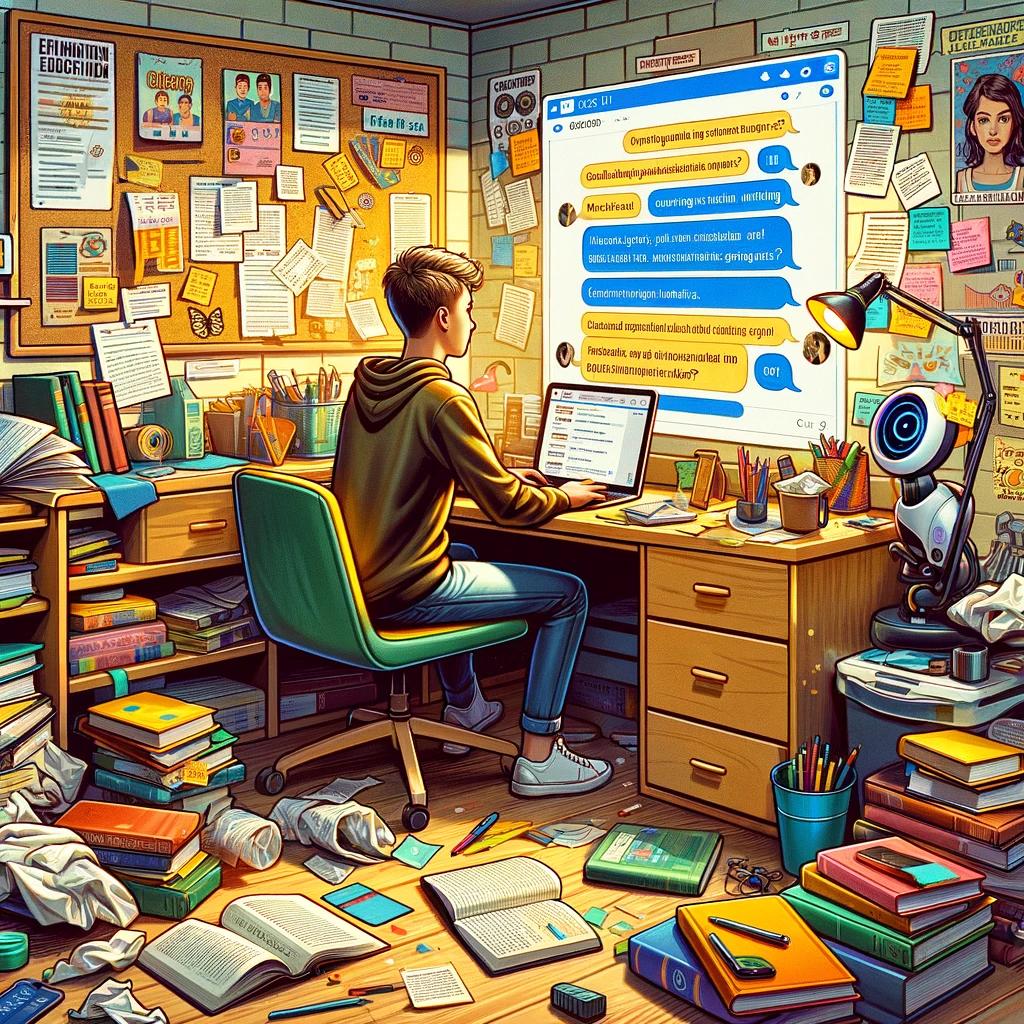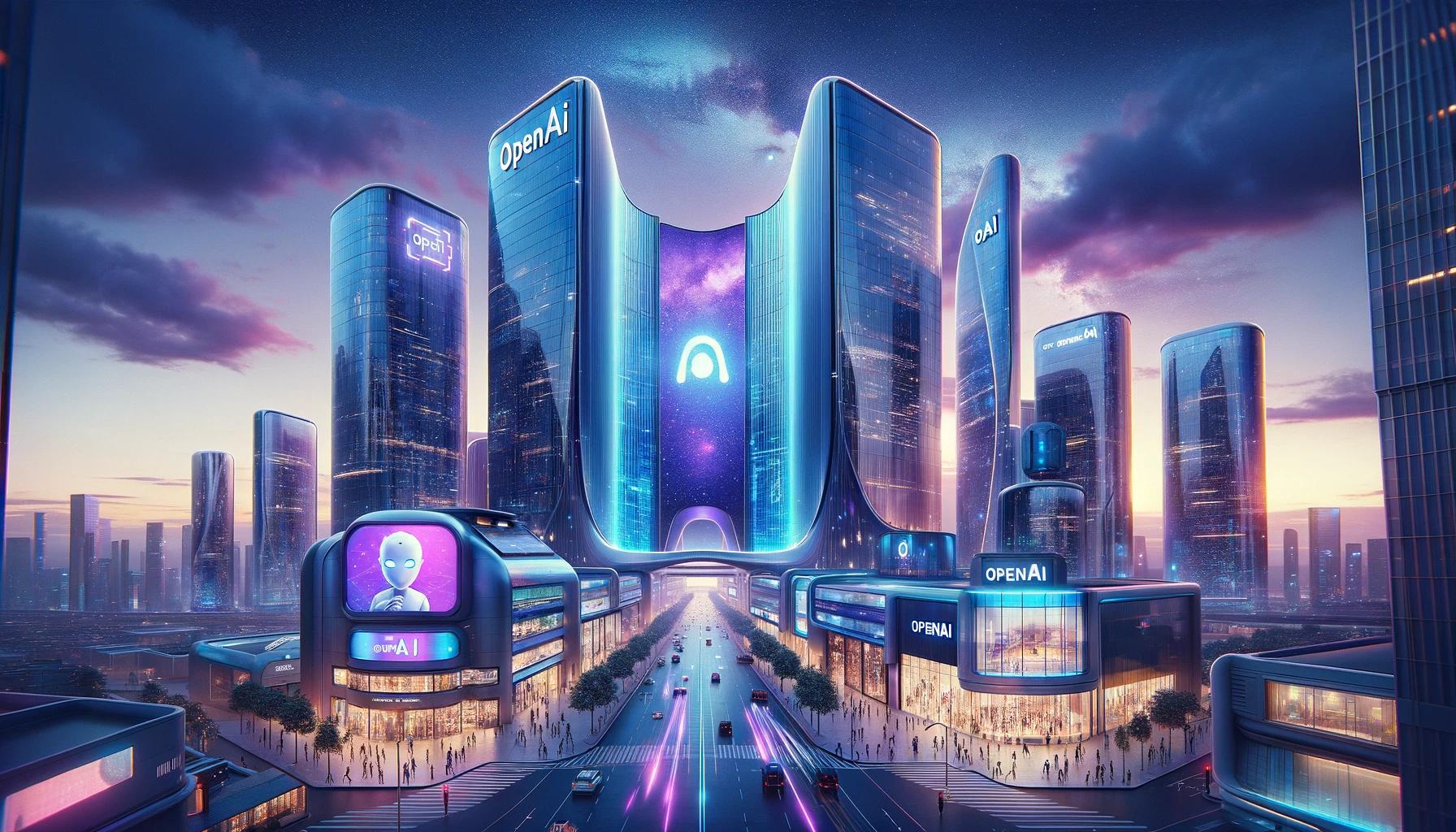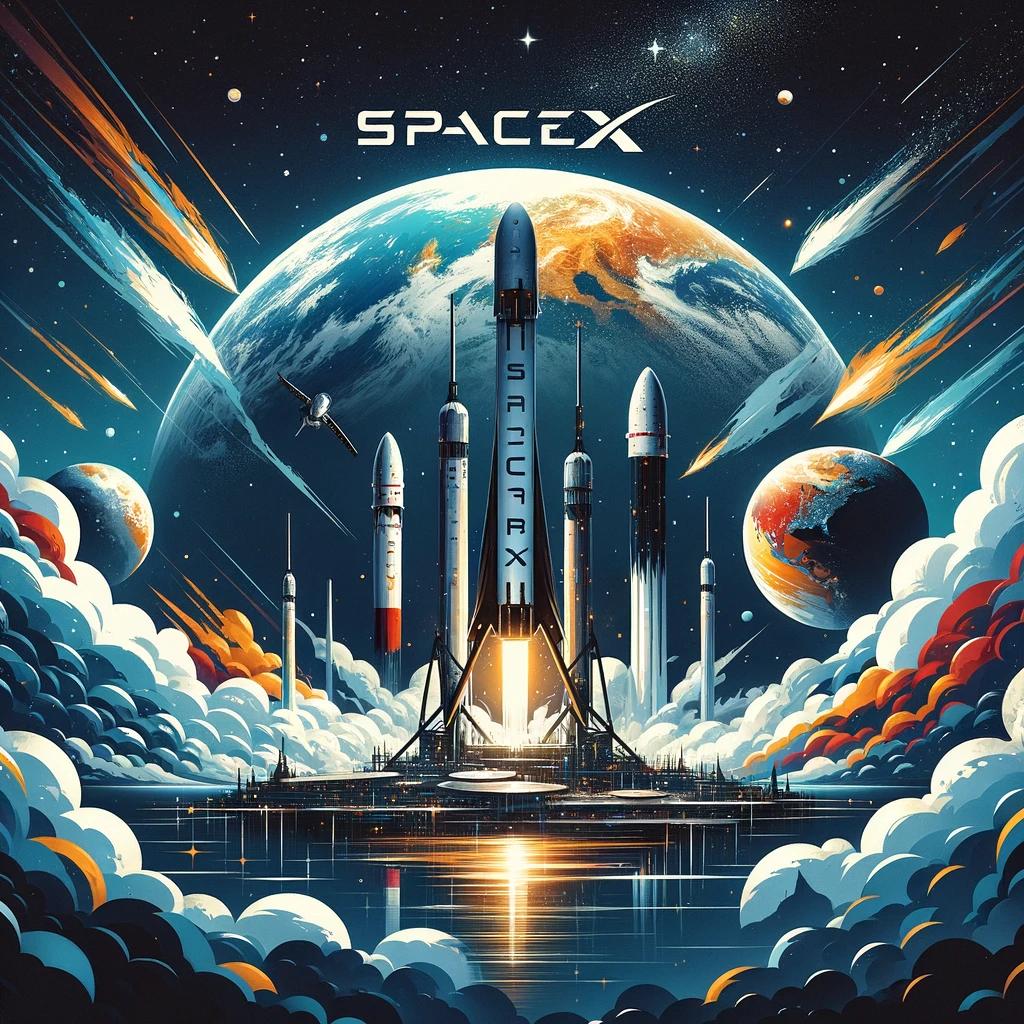Will AI Tools Take Your Job? Artificial Intelligence in the Future Labor Market
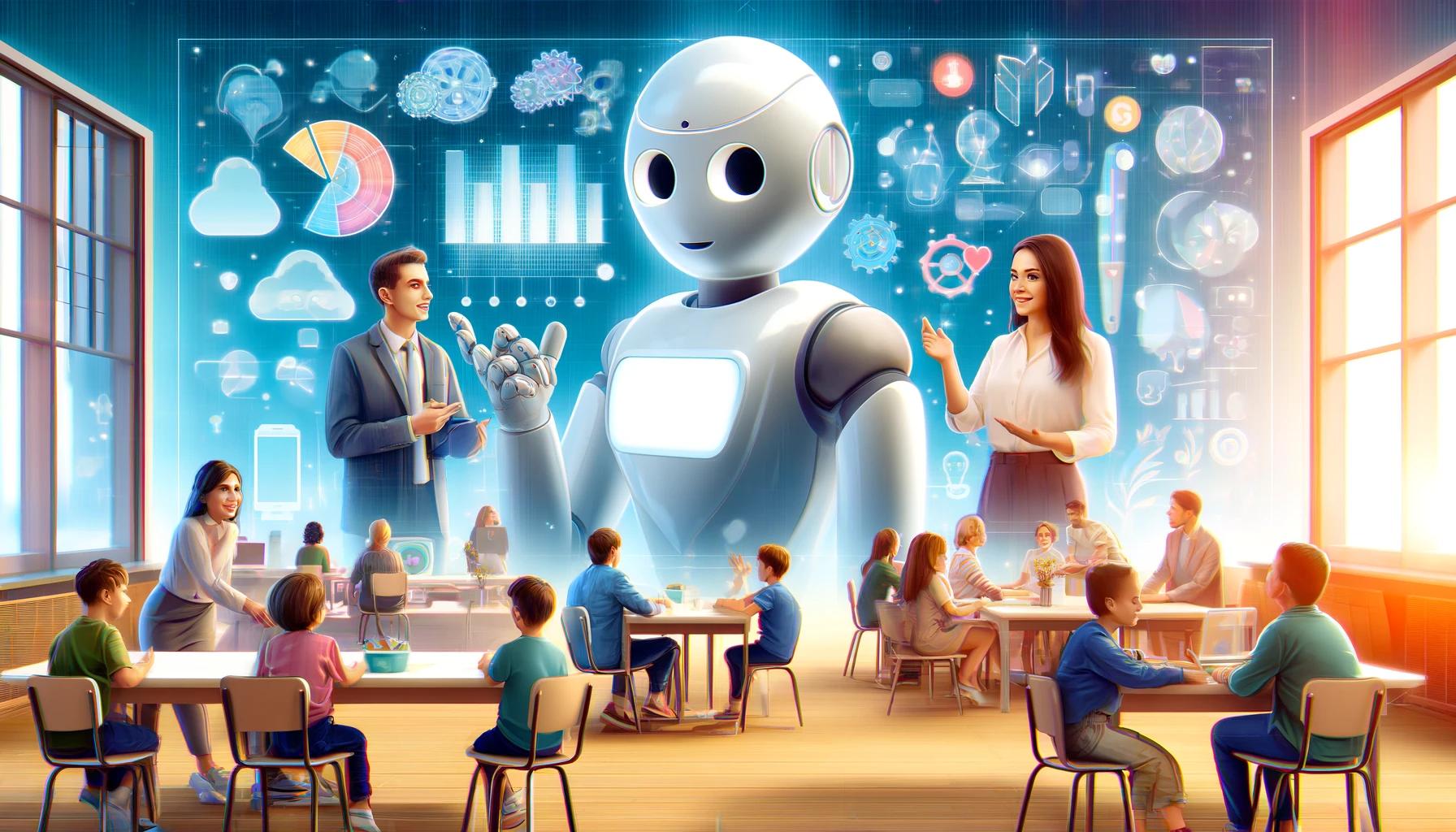
The rapid advancements in artificial intelligence, particularly in natural language processing models like ChatGPT, have sparked intense debate about the future of work. As AI becomes more integrated into our daily lives, questions about its impact on employment and the workplace grow louder. Among these, the roles of AI teacher and AI tutors are increasingly coming under scrutiny. Will these AI-driven educators and assistants replace human labor in education and beyond in the near future?
The Emergence of AI Teachers and Tutor AIs
AI teachers and Tutor AI technologies have made significant strides in recent years. These systems, powered by sophisticated algorithms, can provide personalized learning experiences, adapt to individual student needs, and offer insights based on vast amounts of data that human teachers might not readily perceive. From answering complex queries to guiding students through intricate problem-solving processes, the capabilities of AI educators like ChatGPT are expanding rapidly.
The Argument for AI Integration
Proponents of AI teachers argue that these technologies can enhance the educational landscape rather than replace human educators. For instance, Tutor AI can offer round-the-clock assistance, allowing students to learn at their own pace and on their schedules. Furthermore, AI teachers can handle repetitive tasks, such as grading and administrative work, freeing human teachers to focus on more nuanced and interactive aspects of teaching that AI cannot replicate, such as emotional support and motivation.

The Limits of AI in Education
Despite their capabilities, AI teachers and Tutor AI systems have limitations. The subtleties of human interaction, the nuances of language, and the complexity of critical thinking and creativity are areas where AI still falls short. While AI can provide information, it cannot yet match the depth of understanding, empathy, and personal connection that a human teacher can offer. These elements are crucial in education, where motivation, engagement, and the development of soft skills are as important as academic achievement.
The Future of Work with AI
Looking beyond education, the question of whether ChatGPT and similar AI tools will replace working labor in other sectors is complex. AI can automate tasks, streamline operations, and enhance efficiency, but it also creates new roles and opportunities. Jobs that require creativity, emotional intelligence, and personal touch are less likely to be fully automated by AI. Instead, AI is more likely to augment human capabilities, leading to a collaborative working environment where humans and AI complement each other's strengths.
Conclusion
The narrative that ChatGPT and AI tutors will completely replace human labor in the near future is overly simplistic. While AI will undoubtedly change how we work and learn, it is more accurate to view these technologies as tools that augment and enhance human capabilities rather than as replacements. The future is not about choosing between AI and humans, but rather about integrating AI into our societies in ways that leverage its strengths while preserving the irreplaceable value of human touch, especially in roles like teachers and tutors. As we navigate this evolving landscape, our challenge will be to ensure that AI serves to uplift and empower rather than to displace and diminish the human workforce.
